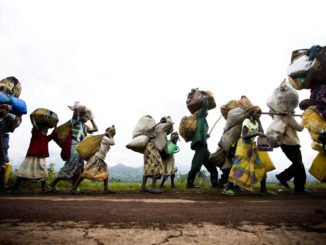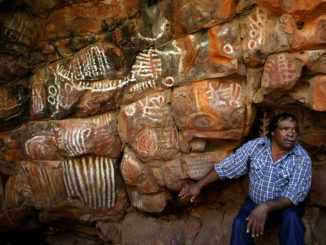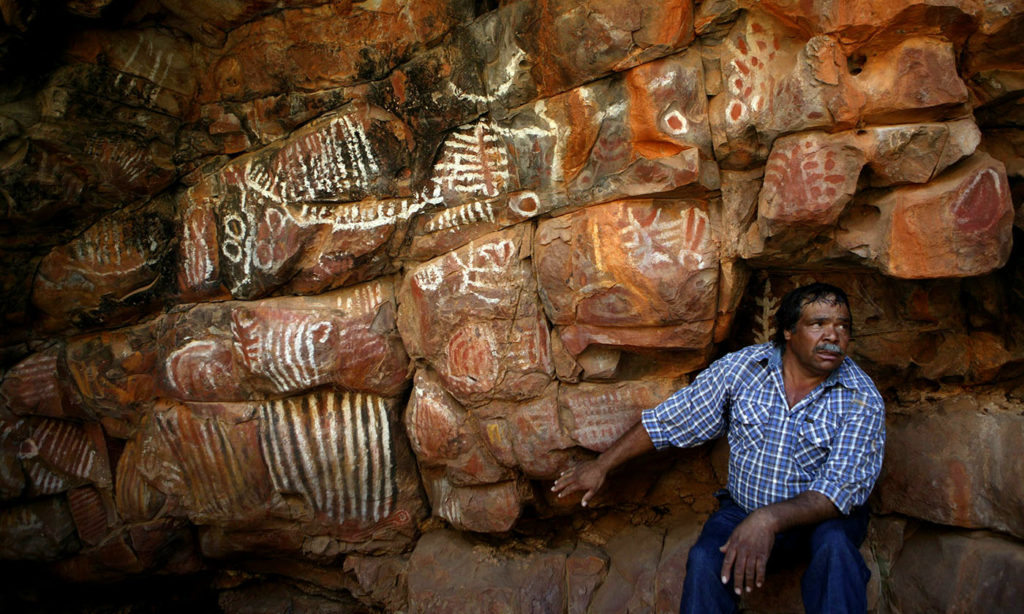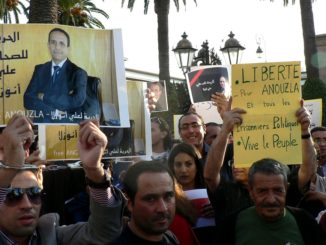
Feminists have slowly shifted power. There’s no going back
Source: The Guardian
The #TimesUp and #MeToo movements are a revolution that could not have taken place without decades of quiet, painstaking groundwork
This International Women’s Day comes five months after the revelations about Harvey Weinstein’s long campaign of misogynist punishments of women first broke, and with them more things broke. Excuses broke. Silence was broken. The respectable appearance of a lot of institutions broke. You could say a dam broke, and a wall of women’s stories came spilling forth – which has happened before, but never the way that this round has. This time around, women didn’t just tell the stories of being attacked and abused; they named names, and abusers and attackers lost jobs and reputations and businesses and careers. They named names, and it mattered; people listened; their testimony had consequences. Because there’s a big difference between being able to say something and having it heard and respected. Consequences are often the difference.







